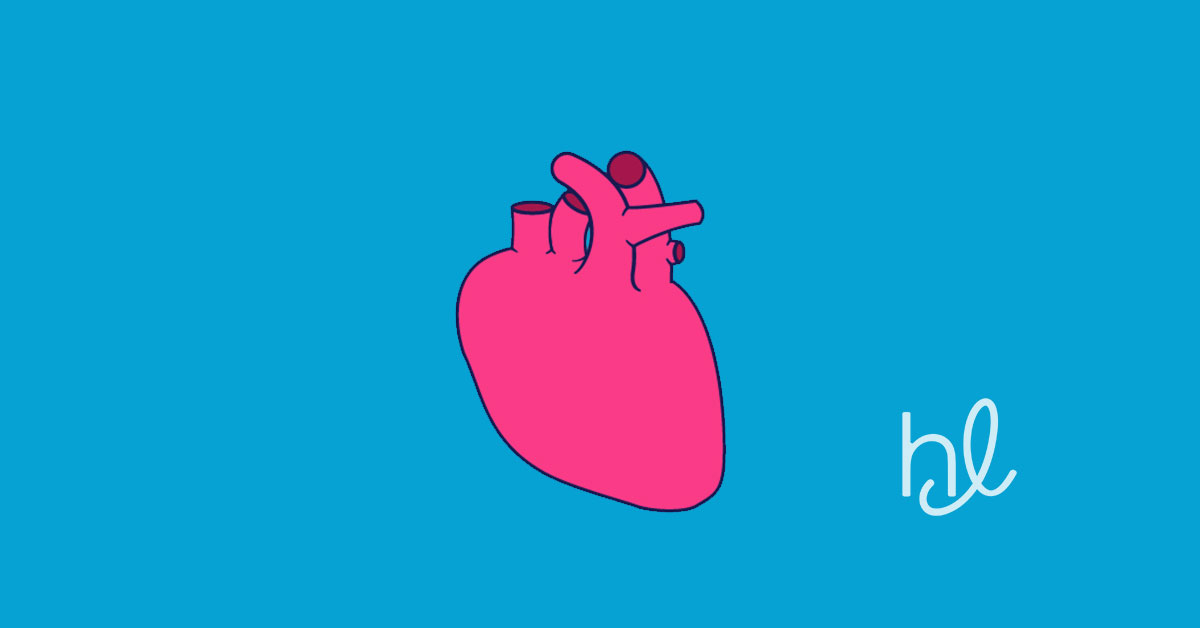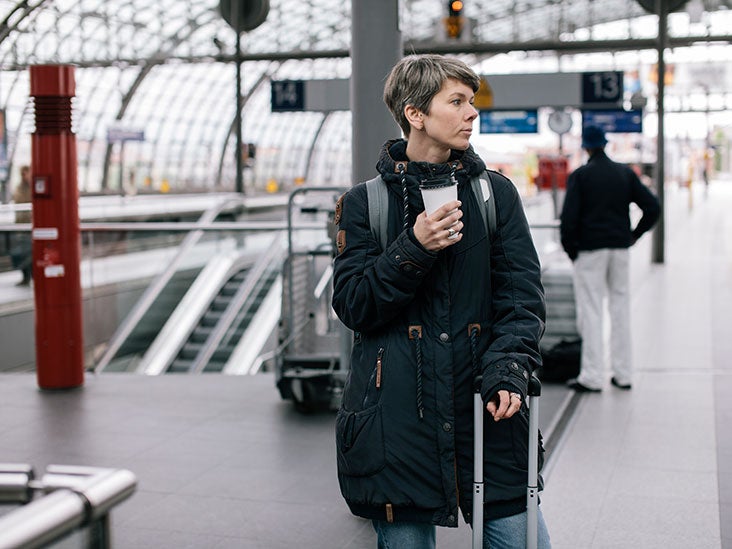Cancer Is Depressing. So Why See a Therapist?
Q: Since getting diagnosed with breast cancer, I've had a lot of issues with depression and anxiety. Sometimes I cry for no apparent reason, and I've lost interest in a lot of things I used to enjoy. I have moments when I panic and can't stop thinking about what'll happen if treatment doesn't work, or if it comes back, or any number of other terrible scenarios.
My friends and family keep telling me to see a therapist, but I don't think there's anything 'wrong' with me. Who wouldn't be depressed and anxious if they had f*cking cancer? A therapist isn't going to fix that.
I see you, friend. All of your reactions sound absolutely expected and normal — whatever 'normal' even means in a situation like this.
Depression and anxiety are both common among people with cancer. One study even suggests people with breast cancer (as well as those with stomach cancer) have the highest rates of depression and anxiety among cancer patients. And because mental illness is still stigmatized, statistics about it tend to underestimate its true prevalence.
Having depression or anxiety doesn't mean there's anything wrong with you, whether you have cancer or not. Often, these are understandable responses to things going on in people's lives: stress, loneliness, abuse, political events, exhaustion, and any number of other triggers.
You're obviously right that a therapist can't cure your cancer. But they can help you survive and thrive in other ways.
One of the hardest and most isolating things about treatment is how difficult it is for most of us to share our feelings of fear and hopelessness with our loved ones, who are often struggling with those very same feelings. A therapist creates space for you to let those feelings out without worrying about how they'll affect someone else.
Therapy can also help you find and hold on to those little pockets of joy and contentment that still exist in your life. While you're absolutely right that depression and anxiety naturally come up for many folks with cancer, that doesn't mean they're inevitable, or that you have to just power through them.
Going to therapy also doesn't mean you have to become perfect at coping and always Look On The Bright Side™. Nobody expects that. You don't owe that to anyone.
You're going to have bad days no matter what. I certainly did. I remember one appointment during chemo when my oncologist asked about my mood. I told him I'd recently gone to Barnes & Noble and couldn't even enjoy it. ('Well, now I know there's a serious problem,' he quipped, finally bringing a smile to my face.)
But therapy can give you tools to get through those bad days and make sure you have as many good ones as you possibly can. You deserve that.
If you decide to give therapy a try, I suggest asking your treatment team for a referral. There are many excellent and well-qualified therapists who specialize in working with cancer survivors.
And if you ultimately decide that therapy isn't for you, that's also a valid choice. You're the expert on what you need right now. You're allowed to tell your concerned loved ones, 'I hear you, but I got this.'
It's also a thing you get to change your mind about at any time. You may feel comfortable without therapy right now and later decide you'd do better with it. That's OK.
I've noticed there are three particularly challenging times for people with cancer: between diagnosis and the start of treatment, right after treatment ends, and around checkups in the future. The end of treatment can be weirdly anticlimactic and disorienting. Annual checkups can bring up all kinds of weird feelings, even years out.
If that happens for you, remember that these are also legitimate reasons to seek therapy.
Whatever you choose to do, know that there are caring and competent professionals out there who can make things suck a little less.
Yours in tenacity,
Miri
Miri Mogilevsky is a writer, teacher, and practicing therapist in Columbus, Ohio. They hold a BA in psychology from Northwestern University and a master's in social work from Columbia University. They were diagnosed with stage 2a breast cancer in October 2017 and completed treatment in spring 2018. Miri owns about 25 different wigs from their chemo days and enjoys deploying them strategically. Besides cancer, they also write about mental health, queer identity, safer sex and consent, and gardening.
- Early warning signs of breast cancer, women should not be subjectively ignored 1219 views
- Tong My Linh lived with breast cancer for 3 centuries thanks to the Vietnamese food shortage 8464 views
- The 25t girl has pea in her chest, discovering new fire-fighting CANCER: CAUSES because of 99% habit 5127 views
- Tips to recognize early SYMPTOMS OF CANCER DISEASES many of the most expensive Vietnamese women thanks to SOUL, please take them immediately 4731 views
- 6 common DANGEROUS illnesses I am easy to make, especially the number 2 3430 views
- Touched by the chest and hardened like a fake, the girl decided to go to the doctor and receive shocking news 2842 views
- Use cosmetics deodorants there risk? 10200 views
- How to eat to the body stay healthy, prevent cancer 9479 views
- Surprise with the habit of thought harmless which cause breast cancer 10033 views
-
 6 interesting genetic traits that children will inherit from their parents
6 interesting genetic traits that children will inherit from their parents
-
 7 effects of asparagus on child development
7 effects of asparagus on child development
-
 Does cutting blood hair for babies bring good luck?
Does cutting blood hair for babies bring good luck?
-
 The more babies eat, the higher the height they develop, especially the second kind
The more babies eat, the higher the height they develop, especially the second kind
-
 Children with chicken pox should eat to quickly recover from the disease, without leaving a deep scar?
Children with chicken pox should eat to quickly recover from the disease, without leaving a deep scar?
-
 The more food is cooked, the better it can be for health, especially the second type
The more food is cooked, the better it can be for health, especially the second type
-
 How Do I Cope with 'Chemo Brain' Without Feeling Ashamed?
How Do I Cope with 'Chemo Brain' Without Feeling Ashamed?
-
 What a Daily Collagen Protein Shake Can Do for Your Skin and Bones
What a Daily Collagen Protein Shake Can Do for Your Skin and Bones
-
 Anoro: Side Effects, Dosage, Cost, and More
Anoro: Side Effects, Dosage, Cost, and More
-
 Traveling Sick: Tips for Flying with a Cold, Sick Child, and More
Traveling Sick: Tips for Flying with a Cold, Sick Child, and More
-
 Just calmly sleeping in this way makes cancer easy to catch - difficult to treat, many Vietnamese people suffer without knowing
Just calmly sleeping in this way makes cancer easy to catch - difficult to treat, many Vietnamese people suffer without knowing
-
 Morning to load these foods: It is both beneficial for health and helps prevent cancer
Morning to load these foods: It is both beneficial for health and helps prevent cancer































